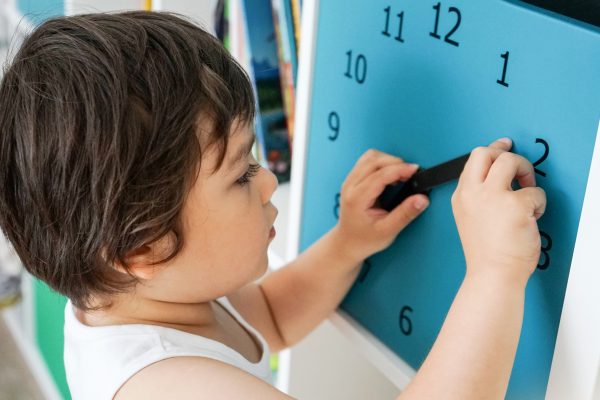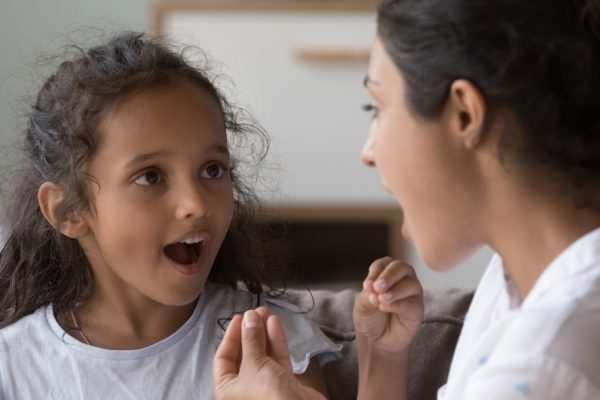
Your child has a diagnosis, now what?
Whether your child’s diagnosis comes prior to their birth, just after their birth or after a long battle to find what the issue is, it can come as a shock.
Often parents who have been searching and testing – seeing a multitude of professionals to get to the bottom of their concerns for their child, are so focussed on finding the diagnosis that they find the relief of having found the answer is quickly replaced by the devastating reality that there really is something ‘wrong’ with their beautiful child.
With that letter of diagnosis comes an entry way into a world you would never have expected to be a part of. And there is no manual to guide you through.
One of the hugest parts of dealing with the diagnosis, for me, was accepting that the life I had mapped out in my head for my daughter would not be happening. All those moments I had expected as my due while rubbing my bump and eating my body weight in (pasteurised) camembert, would be unlikely or impossible.
I felt a real sense of loss for the person I had imagined my daughter would be and then guilt for feeling that way.
Social Worker, Zalia Powell BSW (Honours) explains:
‘There is a common assumption in our society that grief and loss is only experienced following the death of a loved one. However, a process of grieving is experienced when we journey through other significant and unexpected events in life such as divorce, breakdown of friendships and relationships, major illness and disability. For many parents, the realisation that their child may not live the life they had envisioned is confronting and can trigger a grieving process for the child they expected to raise. Grieving for your child with special needs does not suggest that you do not love and appreciate your child as they are; it is simply a natural and normal way of coping and adjusting to the unexpected.
To grieve for the loss of a ‘normal’ life for yourself and your child, to grieve for opportunities you had hoped your child would have, to grieve for the way life used to be or to grieve for the sacrifices and for the compromises does not deny the love for your child as they are; instead it helps to make sense of your experience and move forward.’
So, what does grieving feel like? Grieving is unique to each person; there is no right or wrong way to experience grief and no rules about when a person should ‘start’ or ‘stop’ grieving.
Grieving does become easier over time as you reach acceptance of your situation.
Common responses when grieving can include:
Shock – feelings of numbness, disbelief or denial that the diagnosis is real or true.
Sadness – deep sadness and despair, feelings of emptiness and loneliness.
Guilt – feelings of guilt for your child’s disability – feeling that you should have done something different/prevented this from happening, feeling guilty about certain feelings or thoughts (e.g “why me?”, “I don’t want a child with special needs”).
Anger – feelings of resentment or anger towards your child, anger toward yourself, doctors, your partner or other.
Fear and worry – feelings of anxiousness, helplessness or insecurity; worry about the future and the responsibilities that you now have as a parent of a child with special needs.
Physical symptoms – fatigue, nausea, weight loss/weight gain, aches and pains and trouble sleeping.
What can you do when grieving?
Be kind to yourself when you are grieving. Try to find time for ‘self-care’ (difficult to do as a parent, but key to managing long term!). Dedicate a set time to do something for yourself whether it be reading, journaling, going for a walk or meeting up with friends; activities that include physical exercise or relaxation are particularly helpful. Seek help and support from friends, family, other parents and community services and support programs.
If you feel that your grief is significantly impacting on your ability to cope or is not resolving over time then reach out for support from your GP or services such as Lifeline or Beyond Blue; remembering that accepting help takes strength rather than shows weakness.
CONTACT Beyond Blue on 1300 22 4636 or visit their website at www.beyondblue.org.au
Lifeline on 13 11 14 – for 24 hour Telephone Crisis Support. Their website is www.lifeline.org.au






